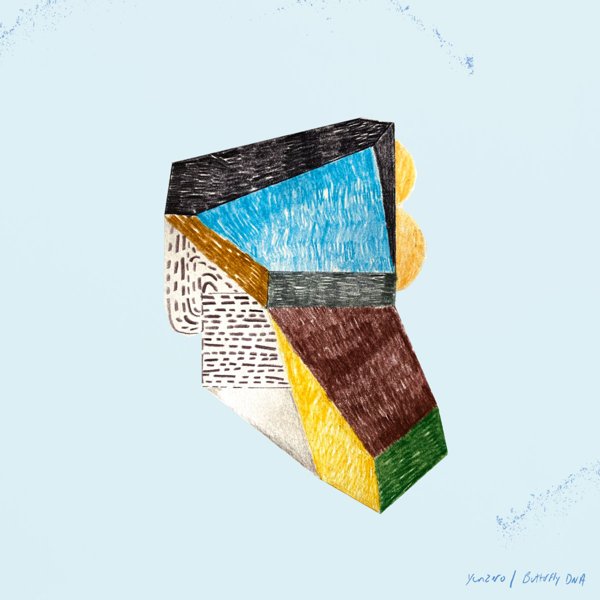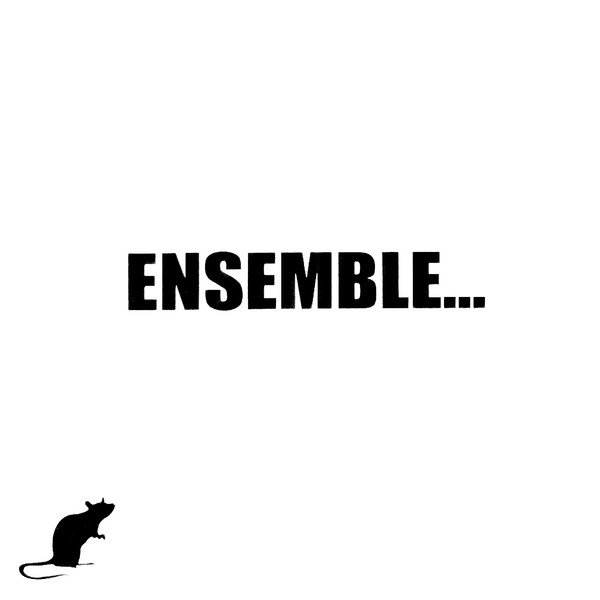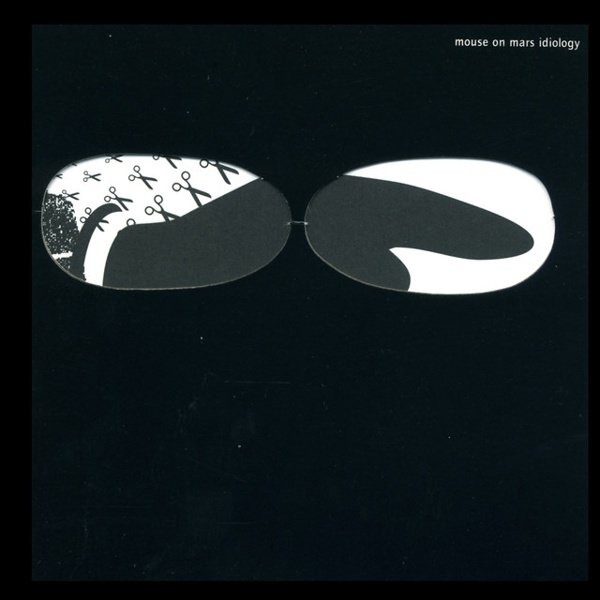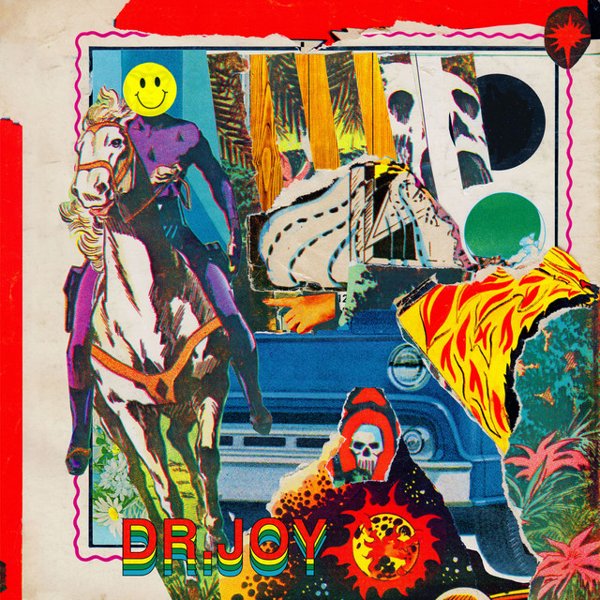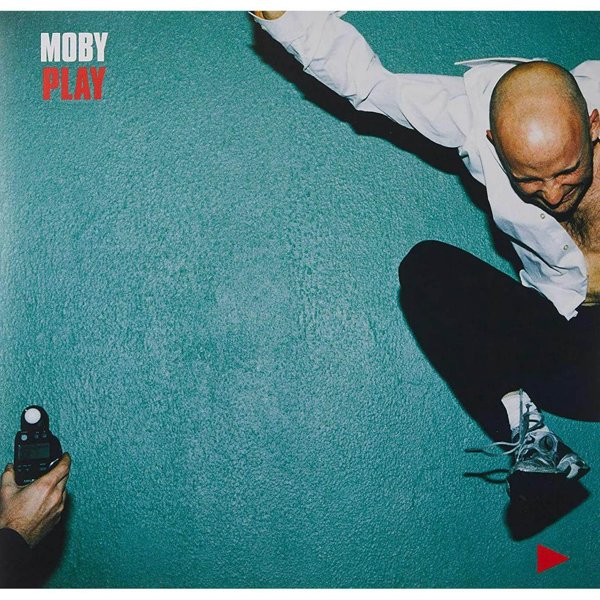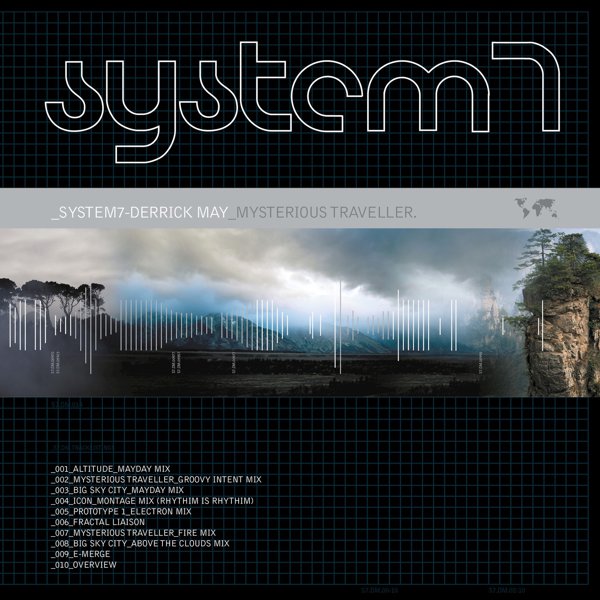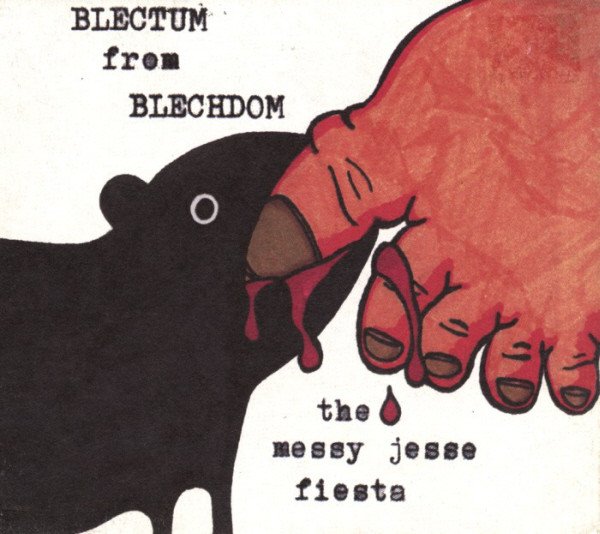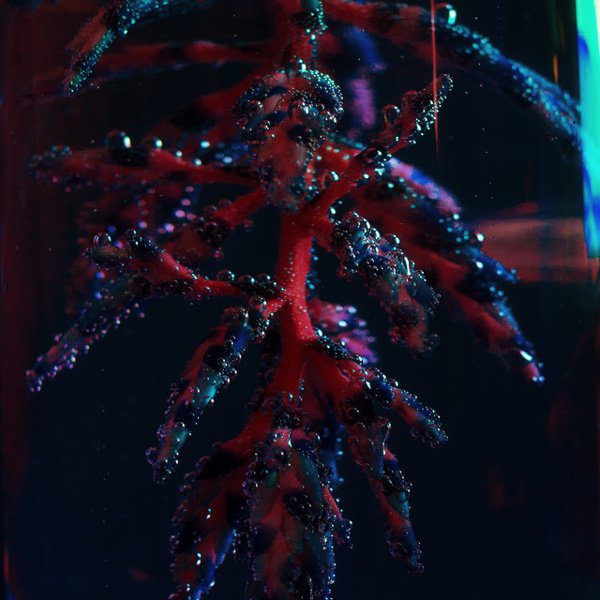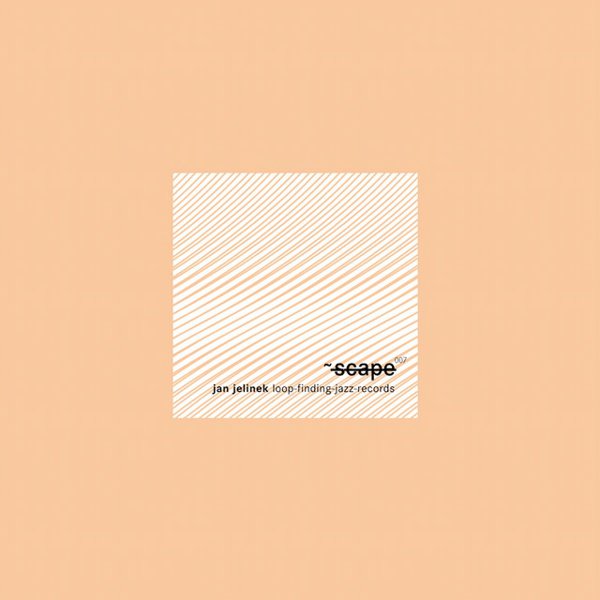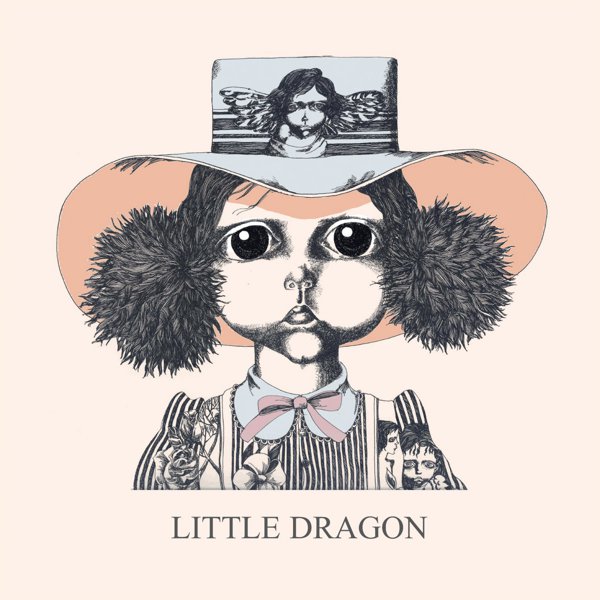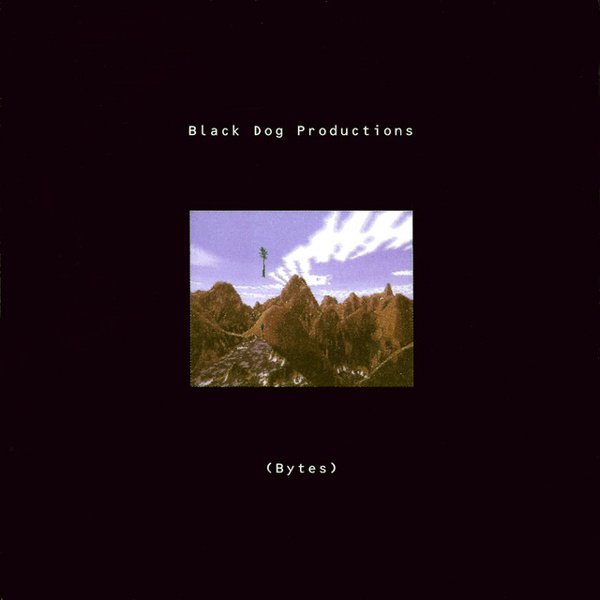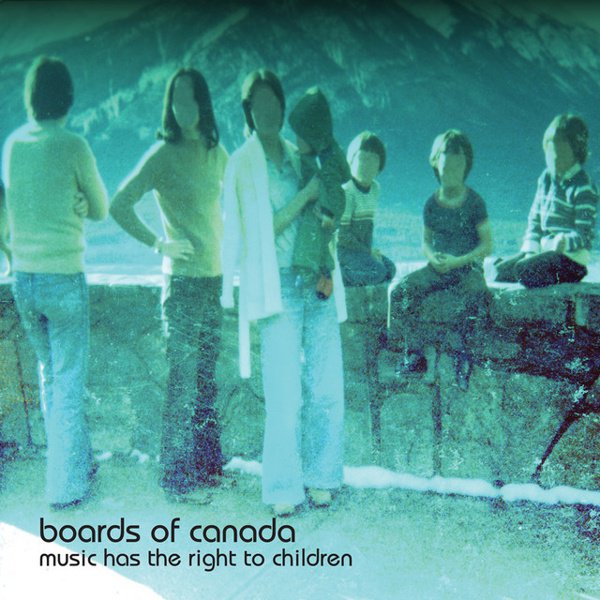
Recommended by
Music Has the Right to Children
The initial album from Scottish duo BofC from 1998 used vintage synths, field recordings and found sound, deliberate degrading of their sound sources, with an audio palette that mixed and matched elements of hip hop, trip hop, library music, ambient and psychedelia to create an album infused with a strange sense of unfocused musical nostalgia. Using parts of dance music — a filtered drum loop, a distorted kick drum pattern, a rave-redolent synth — to create music that isn’t particularly danceable, the overall mood switches between faint unease and an agreeable innocence. The gentle melodies, soft touch, gauzy, frayed sampling style and sense of innocence and nostalgia in Music has… have proved very influential in the decades since its release and it remains a weirdly comforting listen.
Both pioneers and popularizers of ambient IDM as musical hauntology, BoC’s official debut was the product of two minds’ years spent marinating in half-remembered old educational films and analog-synth experiments. It’s just avant-garde enough to feel revelatory while still pulling from uncanny memories shared by a wider range of listeners than expected — gracefully unreal, a warm sun on a frozen landscape, an afterlife in the tundra of ghosts.
Man oh man, if all this electronic wibbling and wobbling had any point, it might be this album. All of the nostalgic filter freaking is at its most beautiful peak and the brothers are writing full-fledged melodies and harmonies. “Telephasic Workshop,” all by itself, is one of the greatest songs of the Nineties: pure momentum and gorgeous whining. An absolutely perfect sandwich of aquamarine plastic and pure digital soul.


